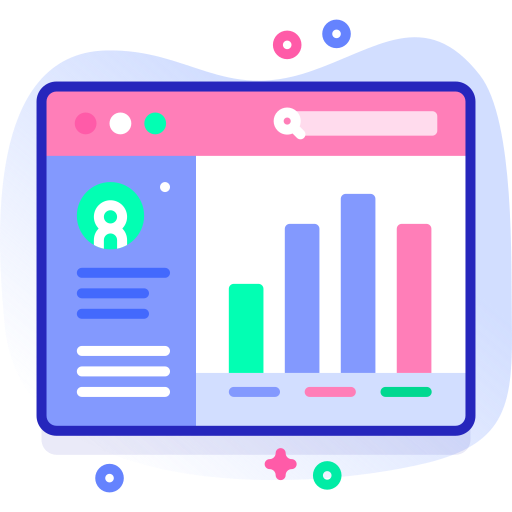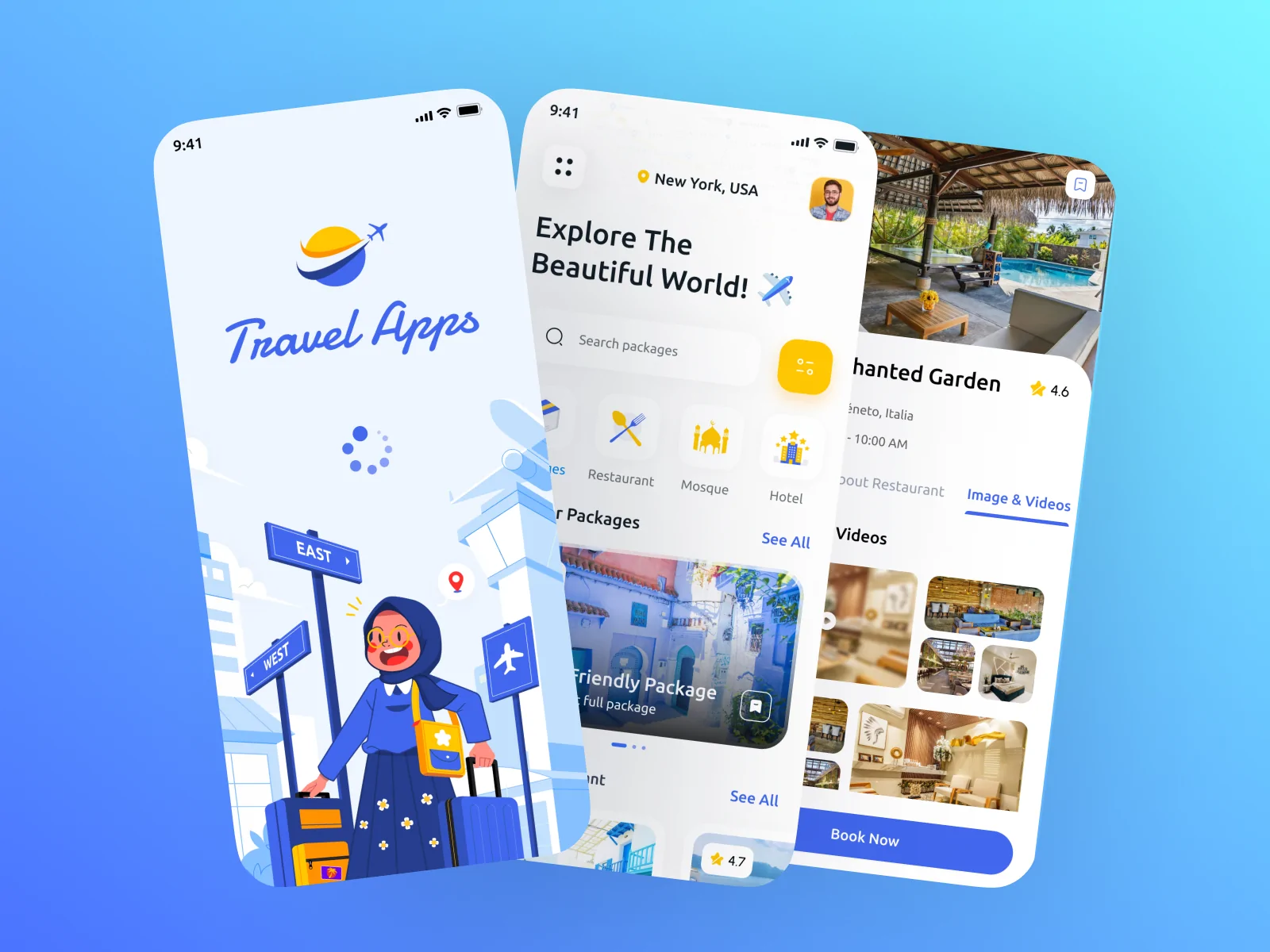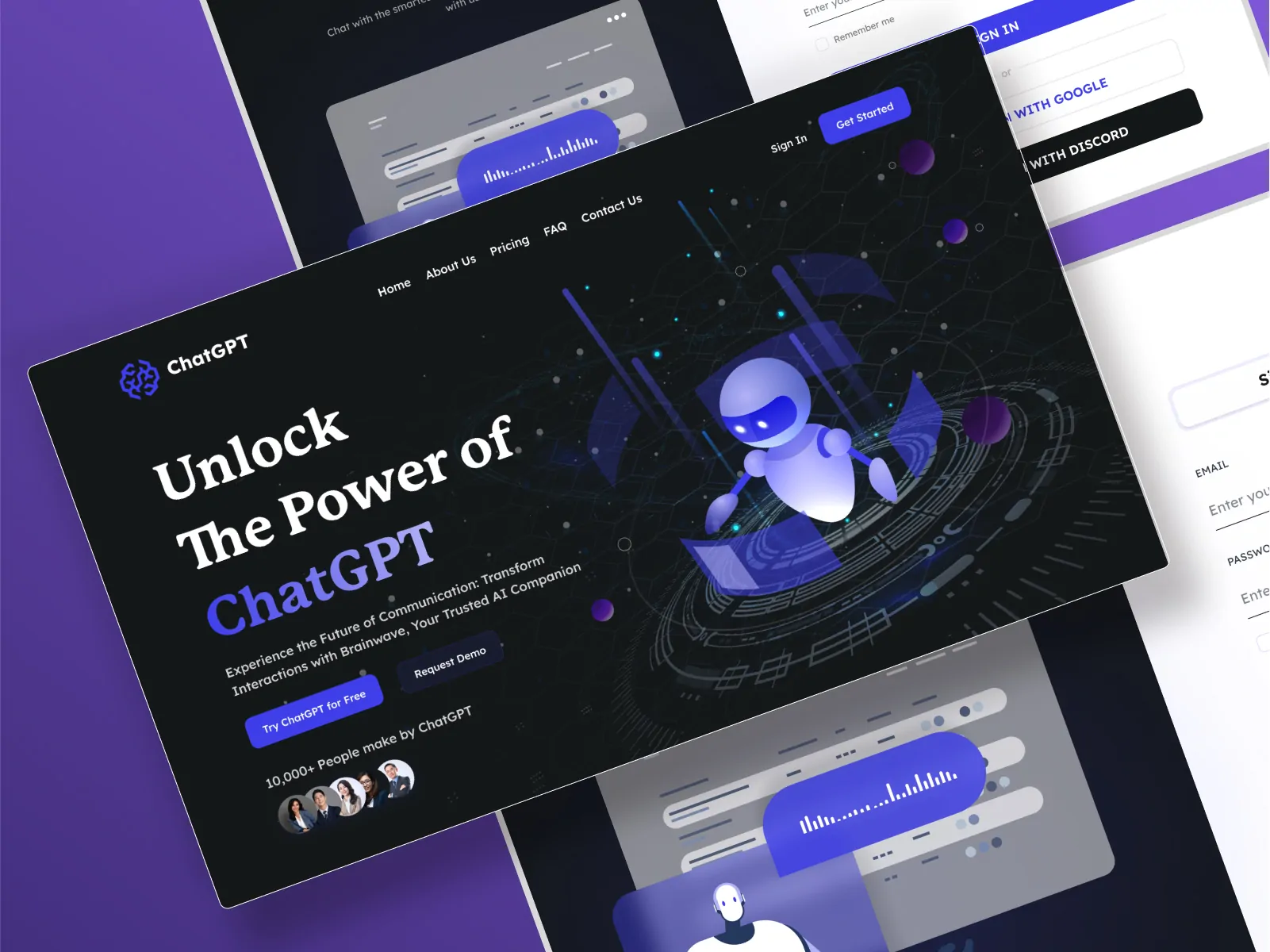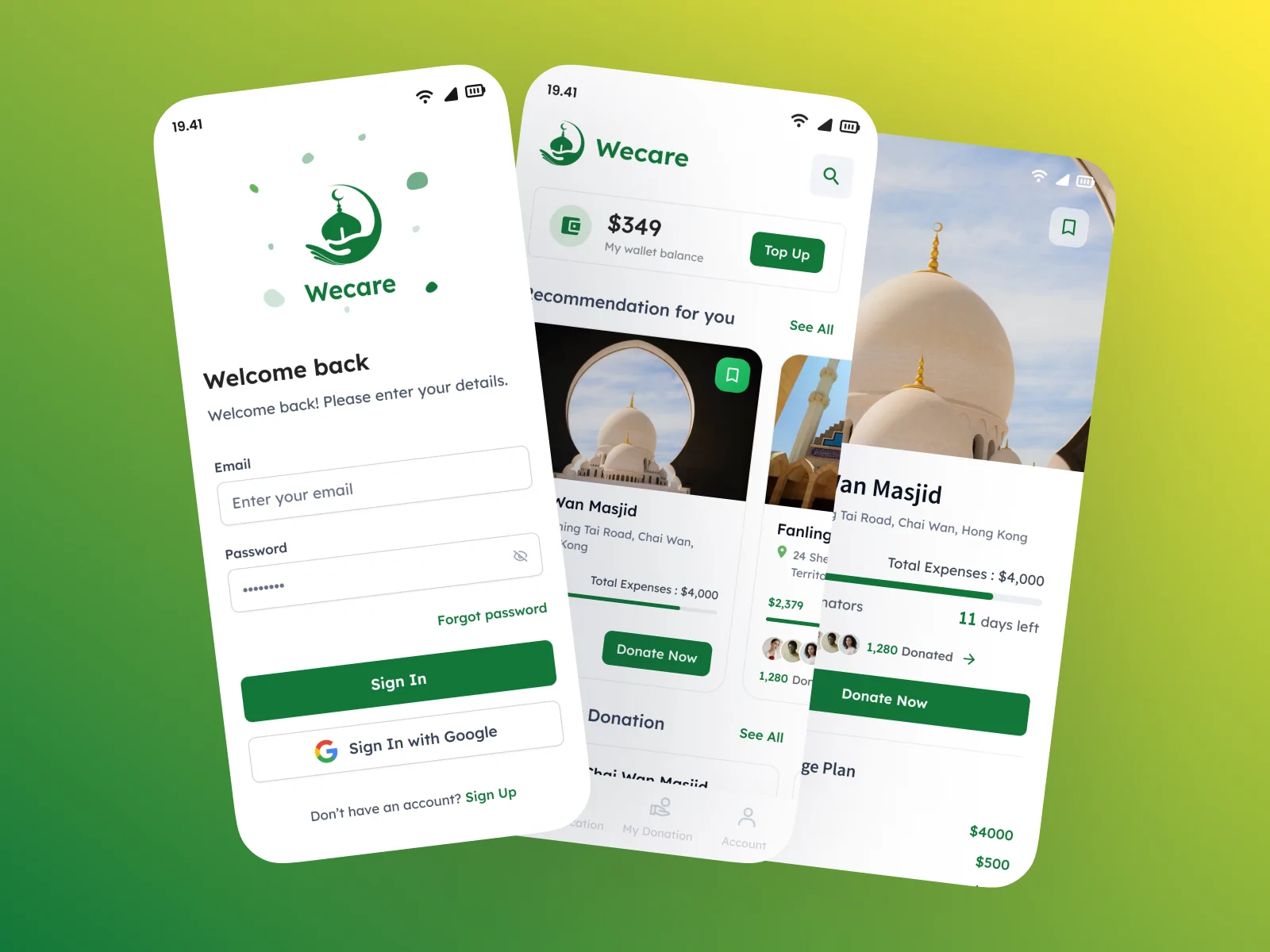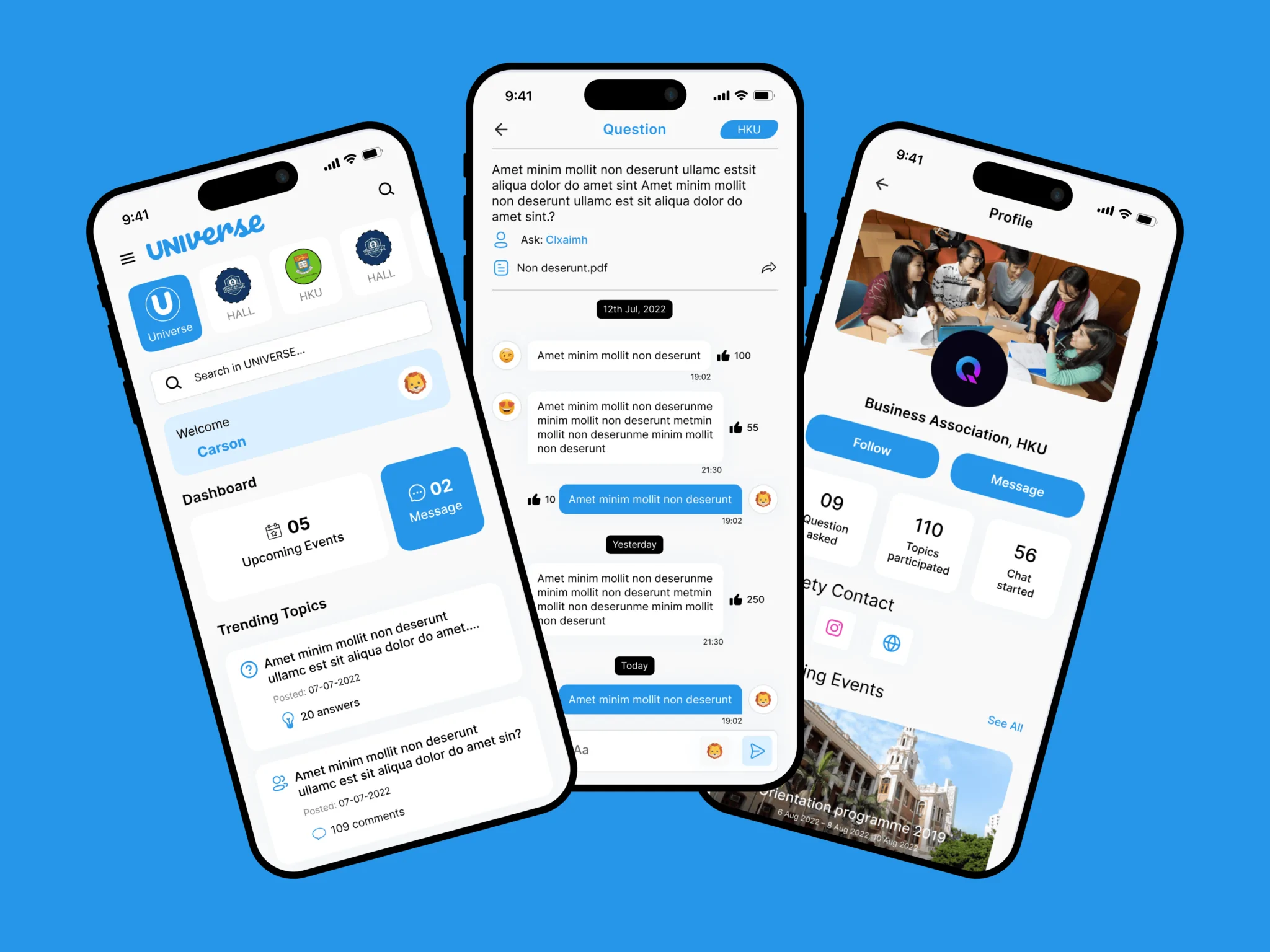Web & App Development in Hong Kong
We craft digital solutions using the latest industry-standard web technologies.

About Us
The spark team has been igniting digital solutions for numerous companies in Hong Kong since 2014. We are a team of highly motivated and passionate programmers looking for challenging projects that helps improve businesses and individuals in Hong Kong. Innovation has always been our driving force to build exceptional high-quality digital solutions.
Our Design & Development Services
Mobile App Development
Android & IOS App development, Membership Apps, Social Media & More!
Learn More
Years In Business

Team Members

Happy Clients

Projects Done

Hours Worked
Our Latest Creative Work
Travel App Muslim Friendly - Travelim
Mobile Apps Design, App Development
ChatGPT Redesign
Web design
UNIVERSE APP - Student Community App Hongkong
Web design, Web app development, IOS, Android
Helping Businesses in All Domains
Social Networking
Digital Marketing
Ecommerce Development
Video Service
Banking Service
Enterprise Service
Education Service
Tour and Travels
Health Service
Event & Ticket
Restaurant Service
Business Consultant
CLIENTS TESTIMONIAL
Lorem Ipsum is simply dummy text of the printing and typesetting industry. Lorem Ipsum has been the industry's standard dummy text ever since the 1500s, when an unknown printer took a galley of type and scrambled it to make a type specimen book. Lorem Ipsum is simply dummy text of the printing and typesetting industry. Lorem Ipsum has been the industry's standard dummy text ever since.

Lorem Ipsum is simply dummy text of the printing and typesetting industry. Lorem Ipsum has been the industry's standard dummy text ever since the 1500s, when an unknown printer took a galley of type and scrambled it to make a type specimen book. Lorem Ipsum is simply dummy text of the printing and typesetting industry. Lorem Ipsum has been the industry's standard dummy text ever since.

Lorem Ipsum is simply dummy text of the printing and typesetting industry. Lorem Ipsum has been the industry's standard dummy text ever since the 1500s, when an unknown printer took a galley of type and scrambled it to make a type specimen book. Lorem Ipsum is simply dummy text of the printing and typesetting industry. Lorem Ipsum has been the industry's standard dummy text ever since.

Have a Project? Leave us a message!

Our office

Hong Kong
Unit 1101, Floor 11, Tower 1, Cheung Sha Wan Plaza, No. 833 Cheung Sha Wan Road, Lai Chi Kok, Kowloon, Hong Kong
View on Map



